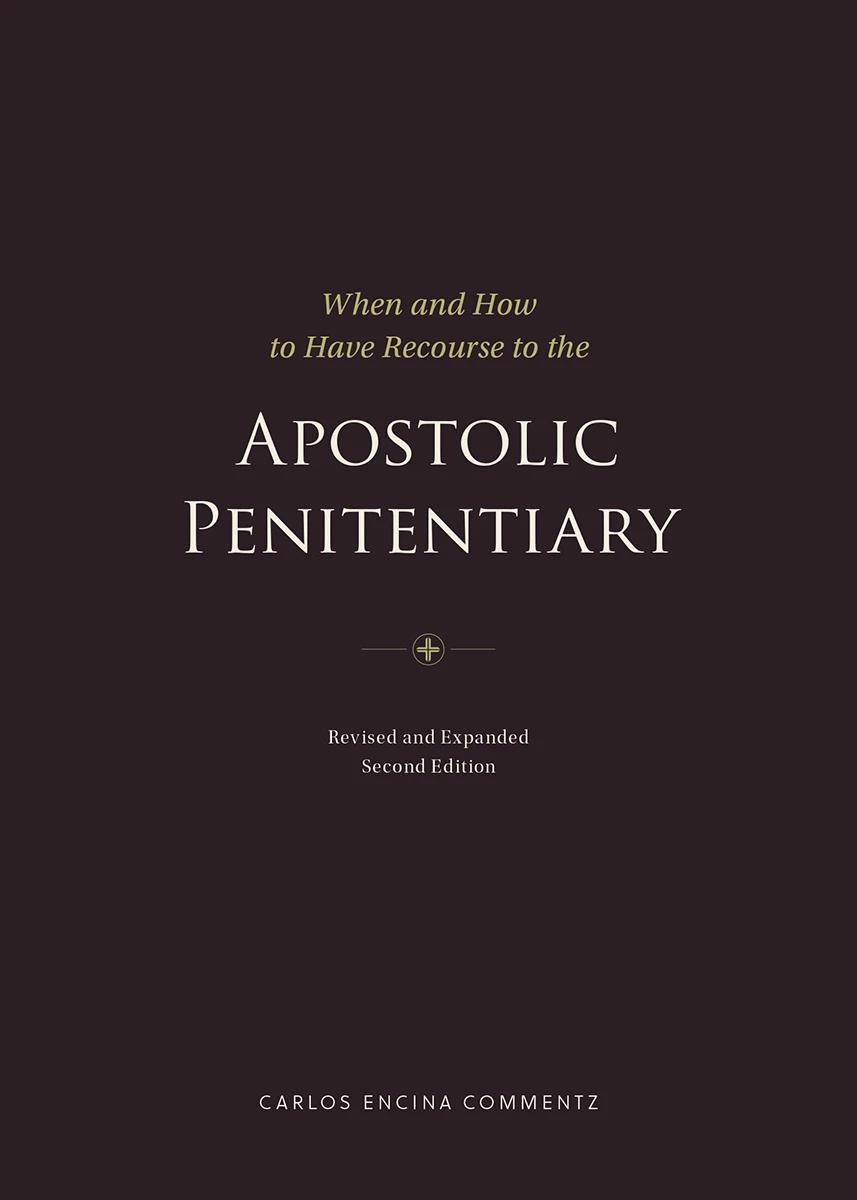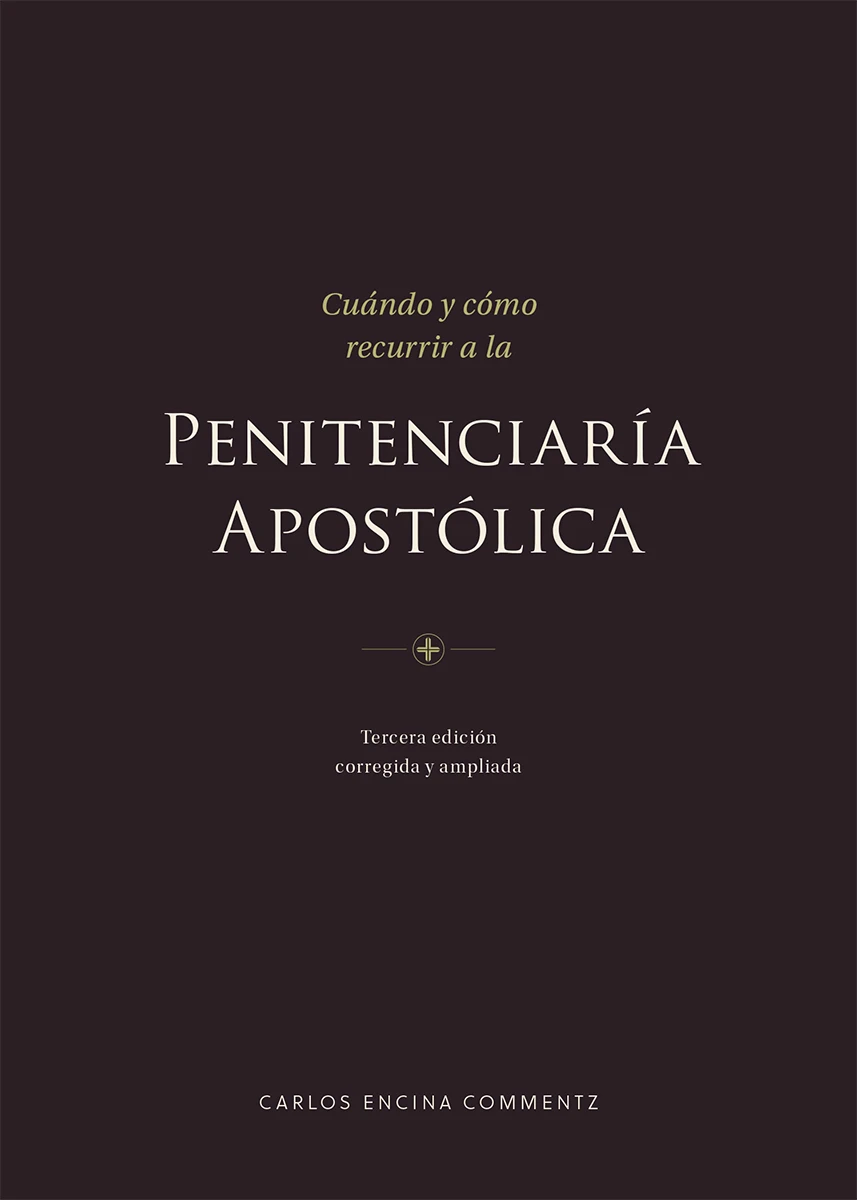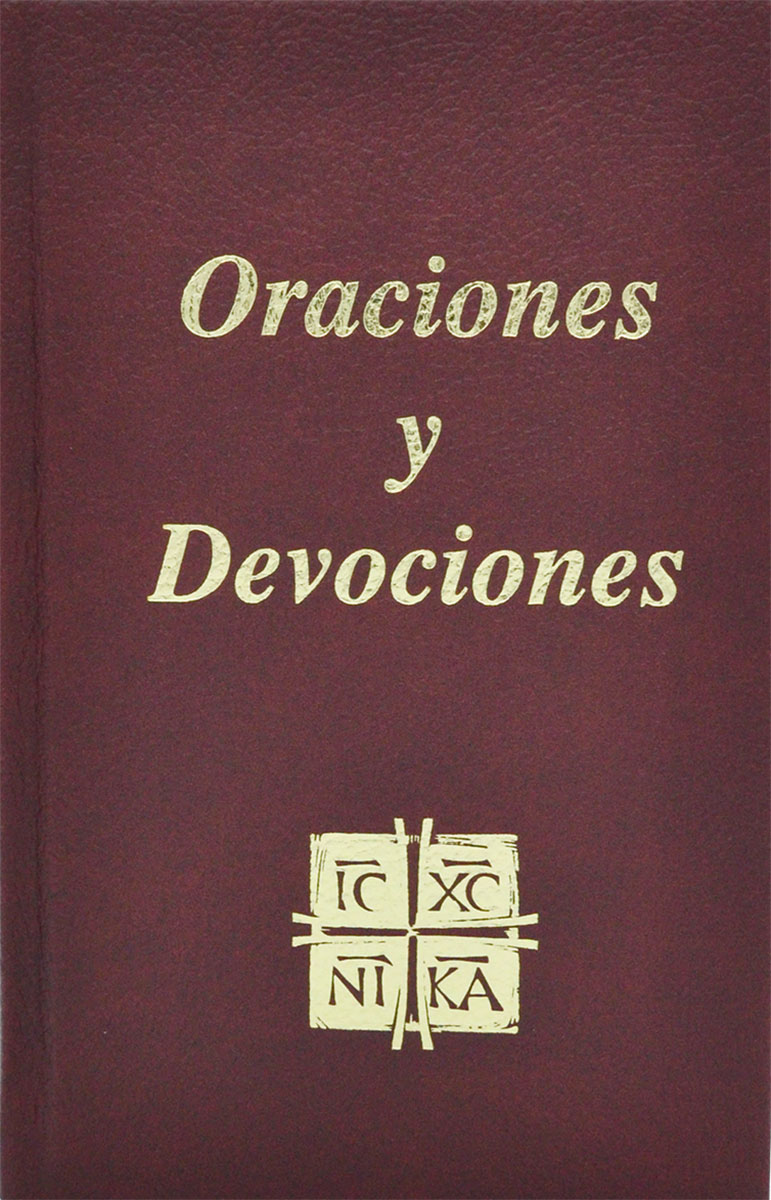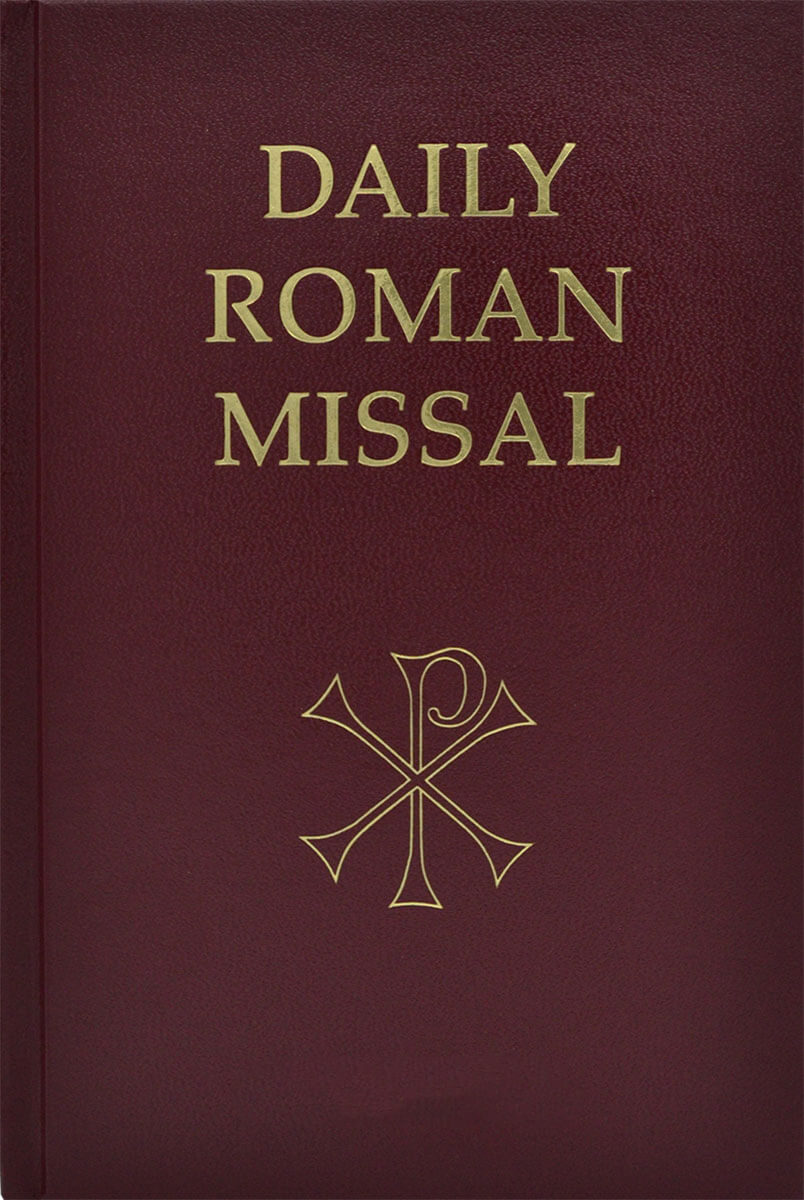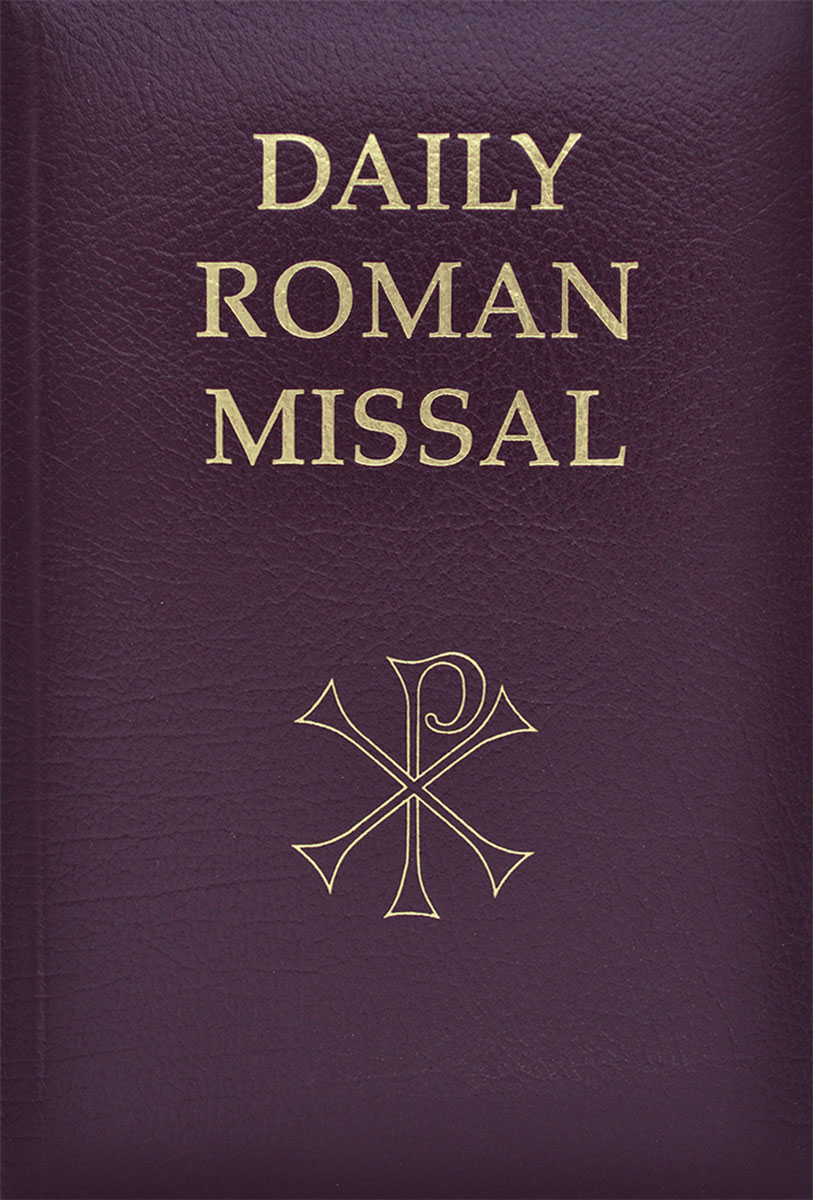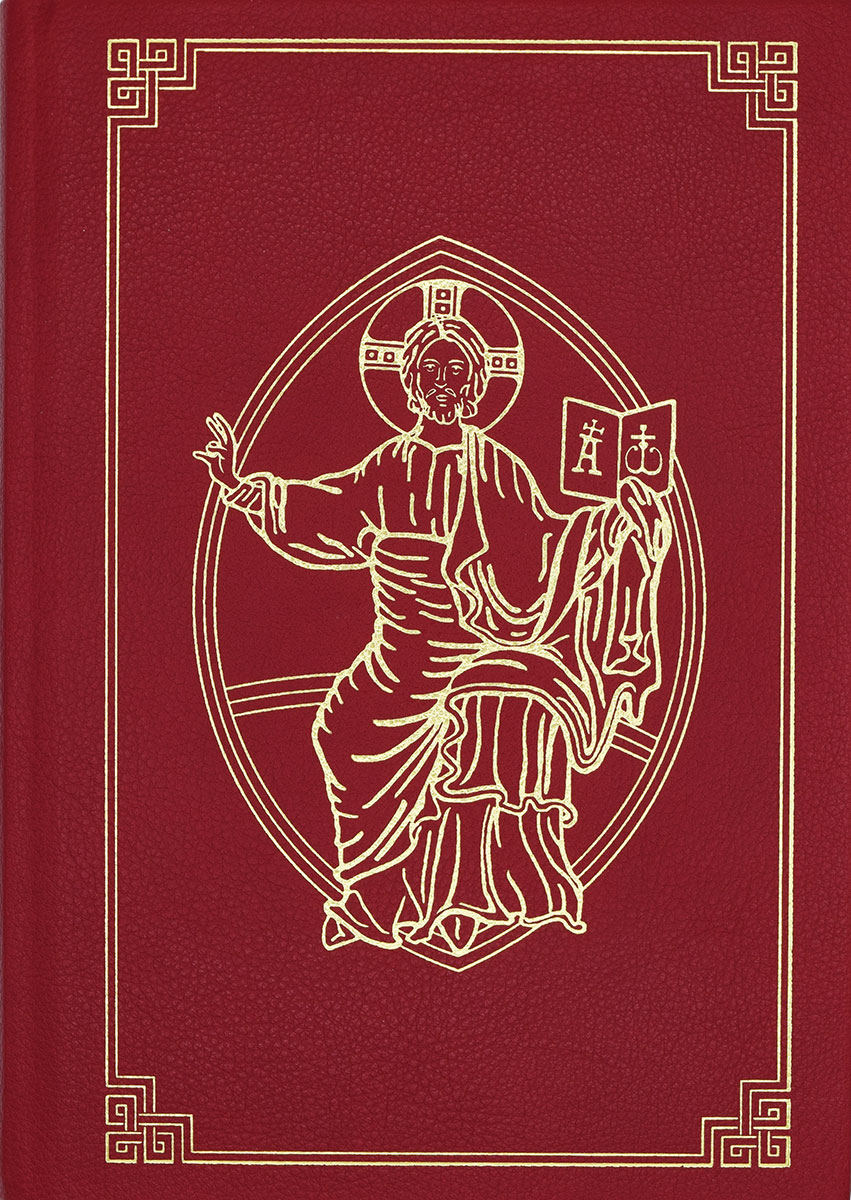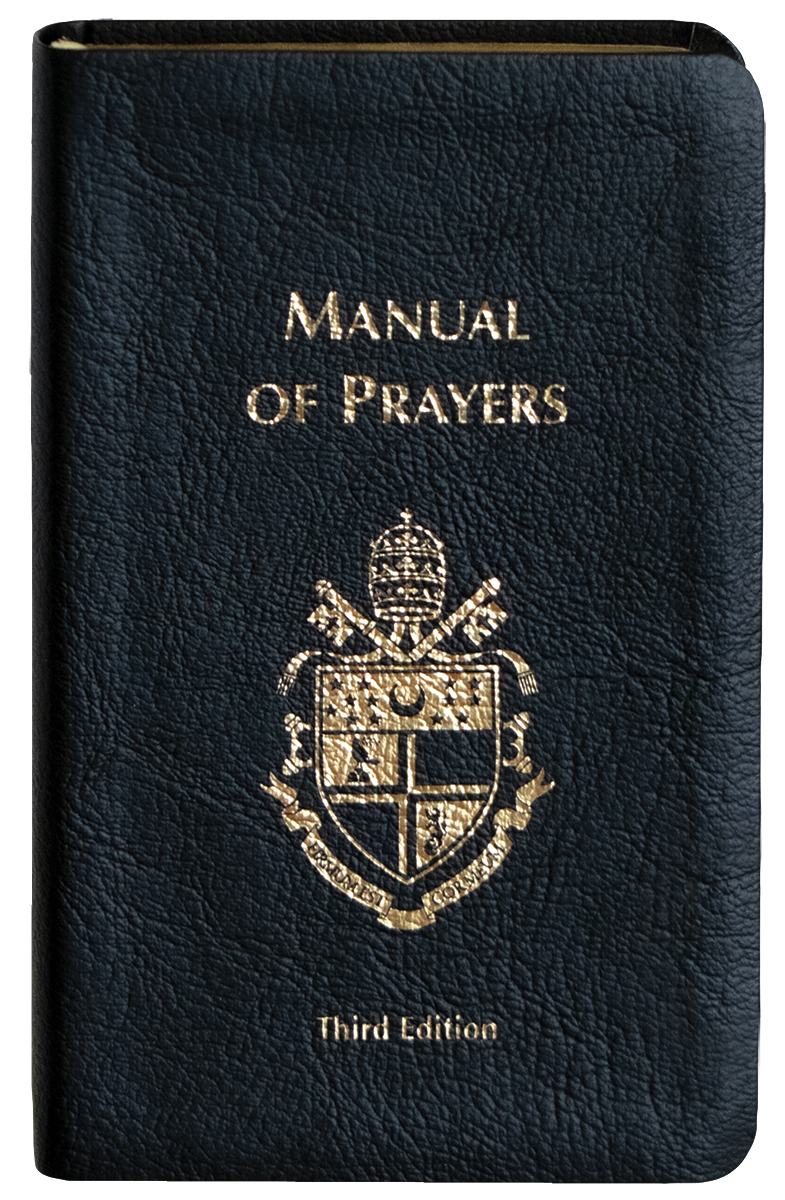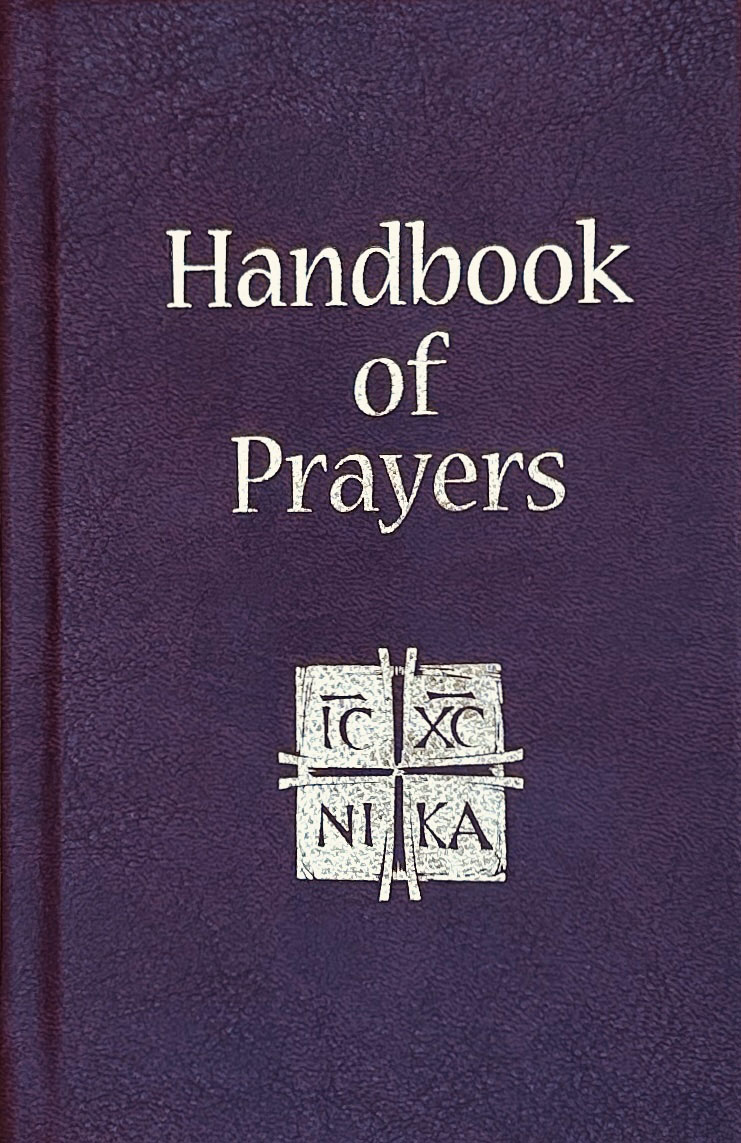
Since 2009, The Rome Experience—an initiative of Midwest Theological Forum—has introduced seminarians to the heart of the Church through a 6-week summer program, complementing their diocesan formation, invigorating their vocations, and enlivening their fidelity to the Holy Father. During their time in Rome, the seminarians visit several Vatican Dicasteries, including the Apostolic Penitentiary. Here they had the opportunity to meet with Msgr. Carlos Encina Commentz, an official of the Penitentiary and author of the new book When and How to Have Recourse to the Apostolic Penitentiary, available from MTF.
Read about this experience from participant Jacob Schneider, seminarian for the Diocese of Evansville:
We had the opportunity to dive more into how we, once ordained priests, will best be able to protect the internal form that the penitentiary strongly defends and upholds for the Church and her people. As a matter of fact, we were quite curious about the seal of confession, given that Msgr. Encina states how breaking the seal of confession is one of the most common appeals they receive.
Given our curiosity, he directed our attention toward a book that he had been working on for some time now, which is a book with almost everything anyone (clergy and laity) would want to know about confession from A to Z. The work has been published in three languages and will soon be published in English and a few others very soon.
For his position at the Penitentiary, Msgr. Encina is deeply versed and heavily trained in canon law and takes his duties seriously, and yet with great joy. While speaking with us on the nature of his responsibilities, he was quite confident on the importance for seminarians to take the opportunity to learn more on canon law if we were able.
Overall, the work of the Penitentiary shows how the Vatican takes the duties and sanctity of her clergy and the sacred nature of her sacraments very seriously, ultimately working toward the salvation of souls. This motivation, Msgr. Encina recalls, is the last canon in the Code of Canon Law, and from what he has demonstrated by his profession and vocation, it is the motto of the Penitentiary, which reflects the motto of the Church.
Jacob Schneider
Rome Experience Class of 2025
Diocese of Evansville
Top Image: The Rome Experience Class of 2025

